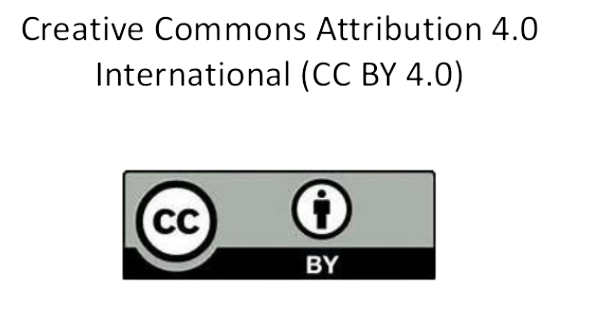Perceptions and Roles of University English Teachers on Supervising Undergraduate Students’ Term Paper Research
DOI:
https://doi.org/10.35719/jptpd.v2i1.944Keywords:
Perceptions, Supervisions, Undergraduate Students, SupervisorsAbstract
Researching is one of the most challenging tasks for the students and so, they have some worries and anxieties in doing research. The final year students of B.A. English Program have to submit their term paper research to get a degree in universities of Myanmar. The role of English supervisors in universities, thus, is increasingly important in these days. The structure of supervision may be different depending on the mission, vision, and guidelines of the universities. There are many factors that determine the success of research students in doing their undergraduate programs. Of these are the supervisors and effective supervision. Thus, the aim of this research is to pinpoint the perceptions and expectations of university English teachers on supervising undergraduate English specialization student research. The questionnaire data were used to gain English teachers’ perceptions, roles and their expectations on the students’ performance. A total of 128 English language teachers from selected research-focused universities in Myanmar participated in the study. Based on the data gathered through the questionnaires, English supervisors strongly agreed on the statement “A warm, supportive relationship between supervisor and candidate is important for successful outcome” with the highest mean scores (4.23). The statistics collected from the questionnaire revealed that majority of English supervisors (Mean= 4.04) expected to have close personal relationships as they are essential for successful supervision. Further research can be extended to identify students’ perceptions and expectations on supervisors and their supervision on the research.
References
Burton, W. H., & Brueckner, L. J. (1955). Supervision: A social process. Appleton-Century-Crofts.
Cadman, K. (2000). 'Voices in the air': evaluations of the learning experiences of international postgraduates and their supervisors. Teaching in higher education, 5(4), 475-491. https://doi.org/10.1080/713699170
Cullen, D. J., Pearson, M., Saha, L. J., & Spear, R. H. (1994). Establishing effective PhD supervision. Canberra: AGPS.
Halbert, K. (2014). Factors affecting Doctoral progress: a report on the perspectives of Higher Degree by Research (HDR) candidates and their advisors. School of Education, James Cook University.
James, R. H., & Baldwin, G. (1999). Eleven practices of effective postgraduate supervisors. Centre for the Study of Higher Education and The School of Graduate Studies, University of Melbourne.
Kiley, M. & Cadman, K. (1997) Supervision Expectations adapted from work by Brown, G. & Atkins, M. (1988). Effective teaching in higher education. Methuen, London. 146-147. Margaret.kiley@anu.edu.au
Miller., A. (2002). Mentoring students and young people: a handbook of effective practice. London: Kogan Page.
Rowley, J., & Slack, F. (2004). What is the future for undergraduate dissertations?. Education+ Training.
Zaitun, A. B. (2010, December). Strategic cooperation to enhance quality in Doctoral supervision. In Third Conference on quality in university education in the Islamic World, Naif Arab University for Security Sciences (NAUSS), Riyadh (pp. 20-11).
Downloads
Published
How to Cite
Issue
Section
License
Copyright (c) 2025 Journal of Pedagogical and Teacher Professional Development

This work is licensed under a Creative Commons Attribution 4.0 International License.











